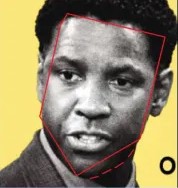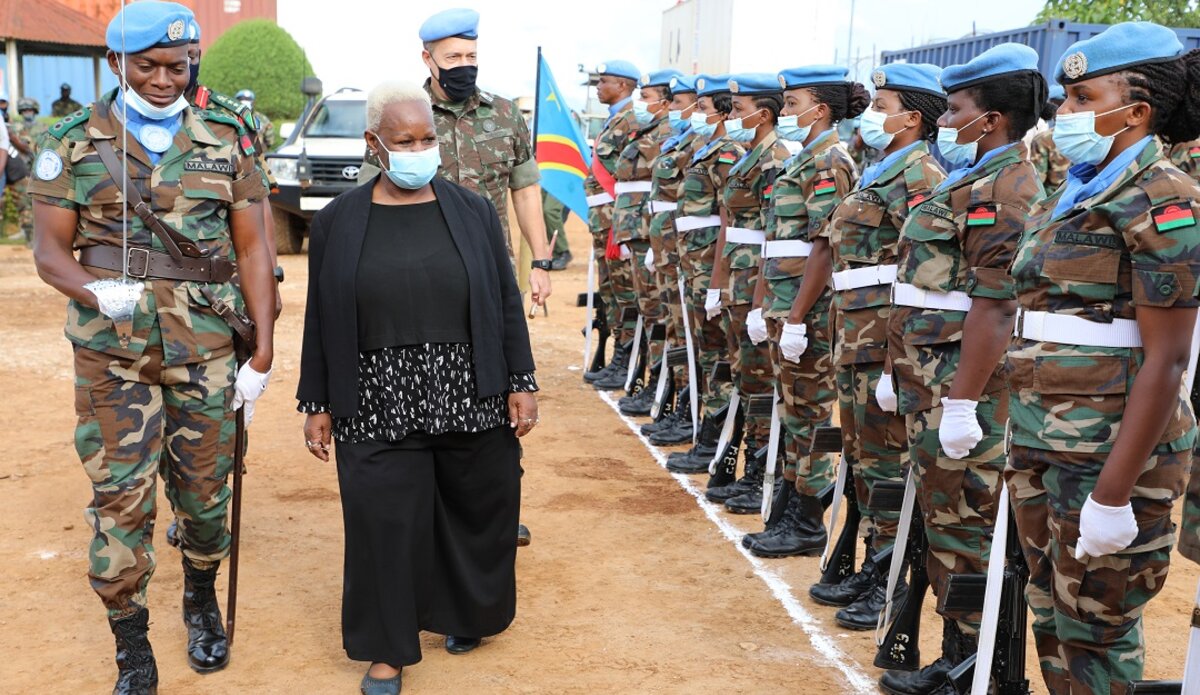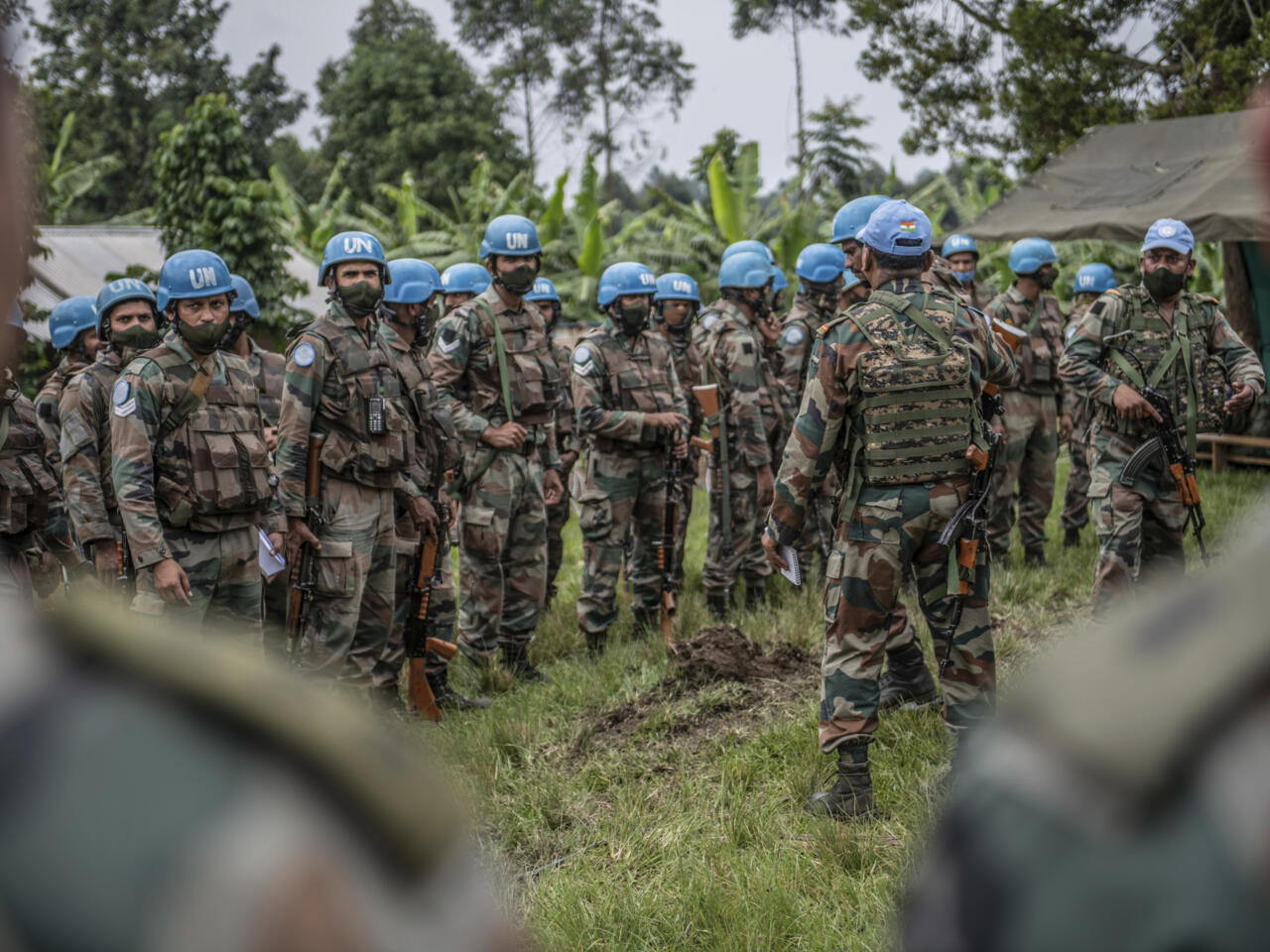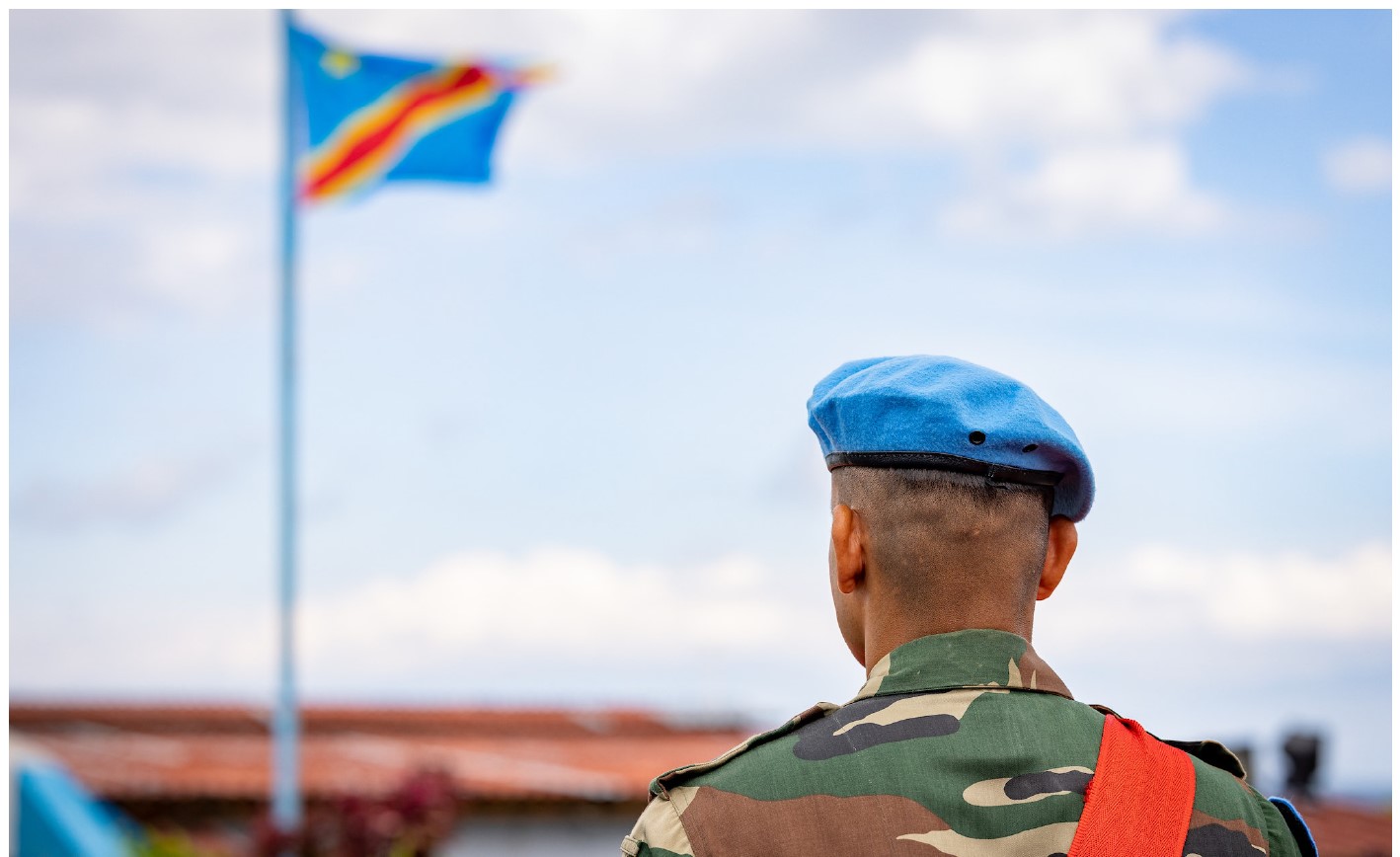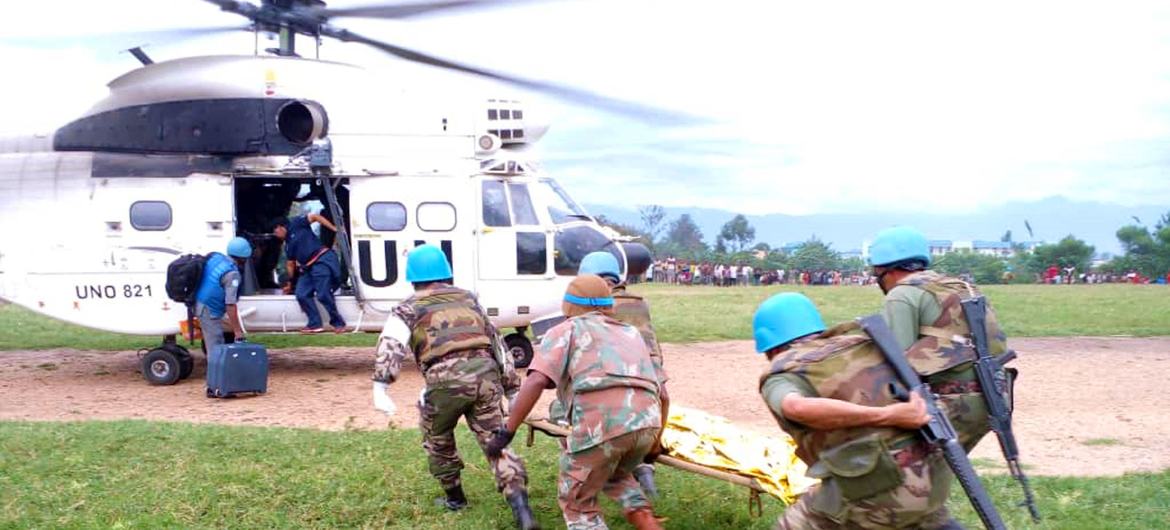Regional
Western powers, UN will not rescue Congolese refugees. Here's why
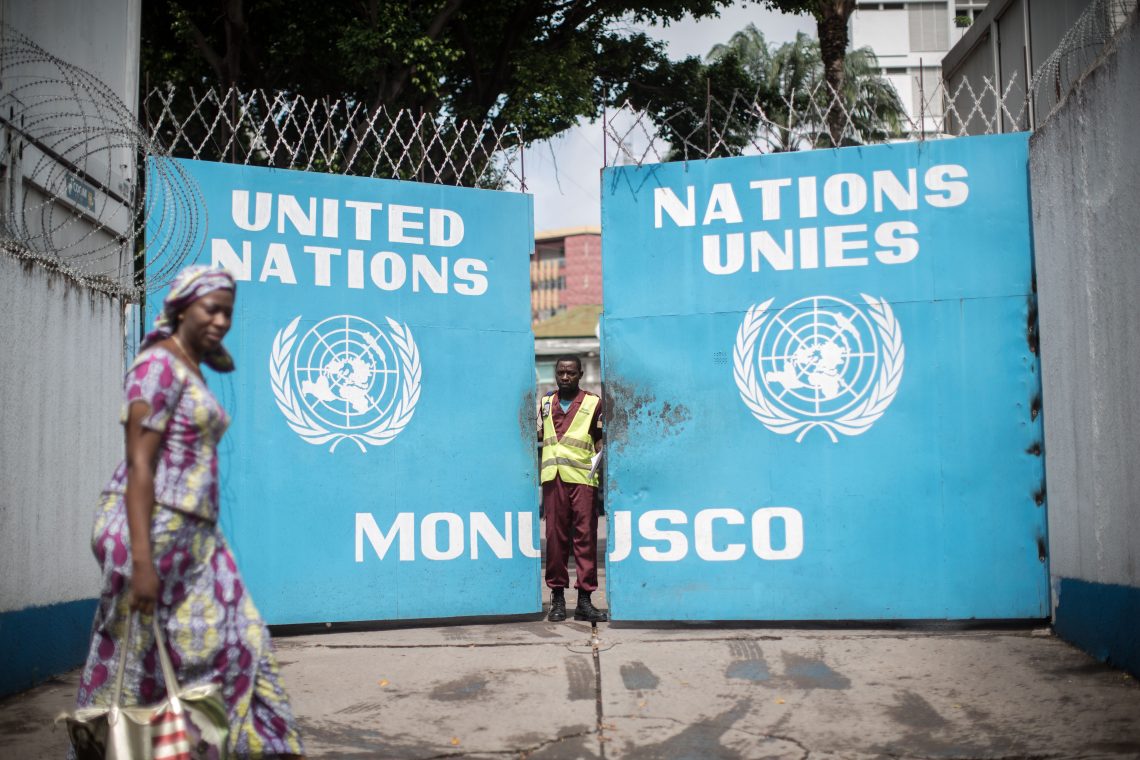
For
three decades, the Democratic Republic of Congo (DRC) has been plagued by
violence. The worsening situation has led to a continuous flow of refugees
fleeing to neighboring countries.
Unfortunately,
the UN's resettlement efforts to third countries underscore the grim reality
that there is little hope for these refugees to return home. Taking the
refugees far away from their country, and resettling them in the West, is no
solution to the problem back in their country. It only worsens the problem.
On
July 23, Alice Wairimu Nderitu, the United Nations Under-Secretary-General and
Special Advisor to the UN Secretary-General on the Prevention of Genocide,
visited Nkamira Transit Centre, a camp in western Rwanda which shelters
hundreds of Congolese refugees.
“The
harrowing stories I heard of identity-based attacks, brutal killings, tortures,
rapes, I am carrying with me. They will be heard. We must urge action for peace
and safety, and their return home,” Nderitu said on X, formerly Twitter.
More
than one million Congolese have sought asylum, mostly within Africa, according
to the UN Refugee agency.
By
February 2023, the UN Refugee Agency reported more than one million Congolese
refugees and asylum-seekers in countries bordering DRC, with nearly half of
them sheltered in Uganda (479,400). Others are scattered in Burundi (87,500),
and Tanzania (80,000) and elsewhere.
Rwanda
has more than 80,000, Zambia 60,000; the Republic of Congo 30,000 and Angola
25,000.
In
2022 alone, Rwanda and Uganda received more than 100,000 refugees from eastern
DRC fleeing persecution and death.
Many
of the Congolese refugees have been resettled to Western countries like the US,
Canada, and Norway, among others.
The
resettlement of these refugees is often portrayed as a ‘humanitarian’ act, but
several actors are questioning whether this truly addresses the plight of
Congolese refugees globally.
Following
her official visit to the DRC, from November 10-13, 2022, Nderitu reported that
in eastern DRC, the current violence is mainly the result of the refugee crisis
which led to the flight of many individuals involved in the 1994 genocide
against the Tutsi in Rwanda to eastern DRC, forming armed groups like FDLR
which are still active in eastern DRC.
"The
abuses currently taking place in eastern DRC, including the targeting of
civilians because of their ethnicity or presumed affiliation with warring
parties, must stop," Nderitu stated.
The UN
has never been interested in addressing the root causes of the persisted armed
conflict in the region, or even suggested any sustainable solution. Instead,
the UN focused on resettling a few refugees to Western countries rather than
putting more effort into convincing Kinshasa to find a sustainable solution
that would allow the refugees to return to their homeland.
Once
the refugees arrive in Western countries, they are offered jobs in industries,
farms and construction sites, but are often paid below the minimum wage. For
these countries, these refugees are much needed cheap manpower. Although these
countries claim their actions are charitable, they benefit more from the
arrangement.
The UN
consistently failed to respond to and deter massacres or investigate the pleas
from these distressed communities. Their lack of commitment to finding a
lasting solution reaffirms that they are busy exploiting the insecurity crisis
in eastern DRC.
As
long as the West continues to benefit in such ways way, Congolese refugees will
continue to suffer and be used.


